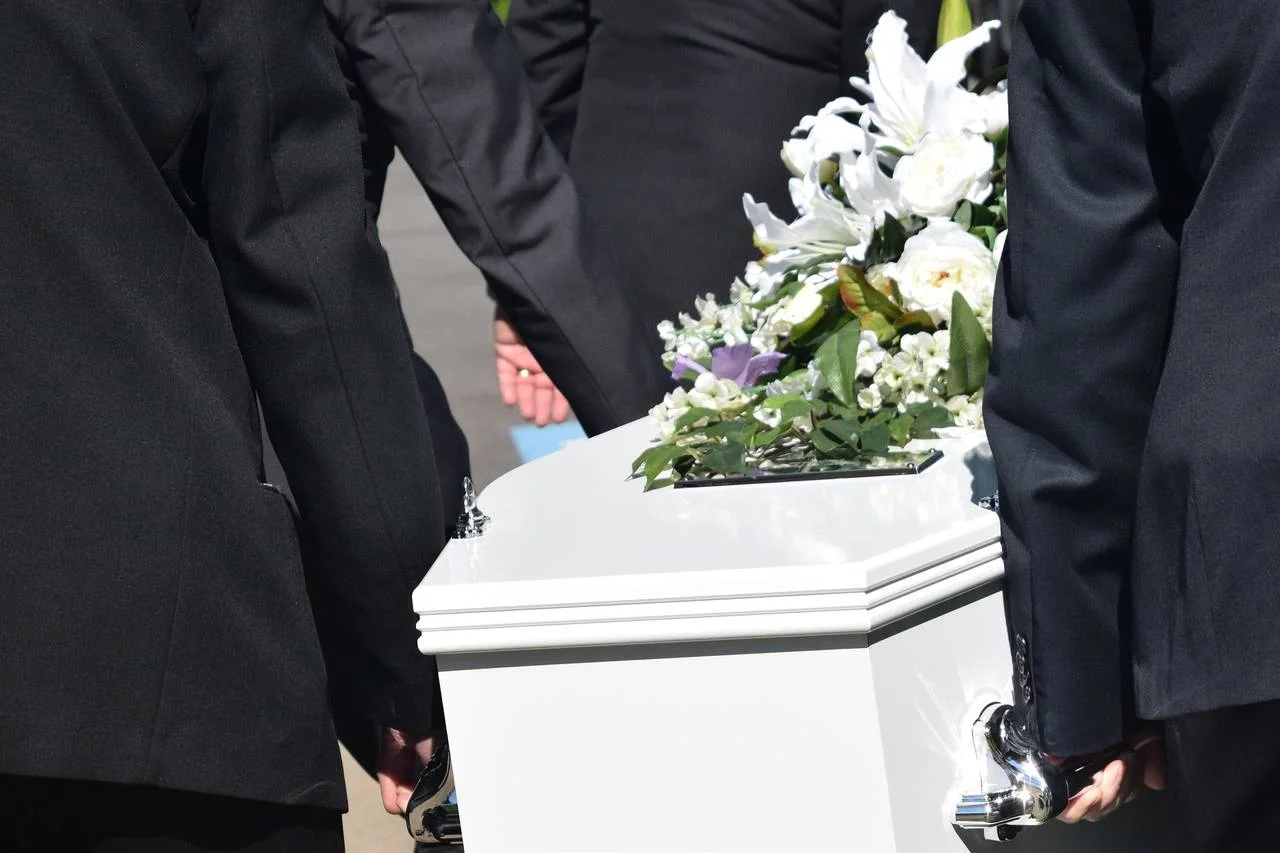Economic and Non-Economic Damages in Orlando’s Wrongful Death Landscape

In the intricate web of emotions and legalities that follow a wrongful death, understanding the different forms of compensation available becomes a beacon of clarity for the grieving. Orlando, with its unique legal framework, offers avenues for redress that encompass both tangible and intangible losses. In this guide, we will delve into the distinction between economic and non-economic damages in wrongful death cases within the city’s purview.
The Nature of Wrongful Death
Wrongful death pertains to a death resulting from another’s negligence or intentional actions. The resultant legal claim is typically pursued by the deceased’s close family or estate.
Economic Damages: Tangible Losses Quantified
This form of compensation seeks to address the concrete financial impact of the deceased’s untimely passing:
- Lost Wages and Benefits: This encompasses the deceased’s expected earnings and benefits over a lifetime, accounting for factors like age, health, and occupation.
- Medical Expenses: If the deceased received treatment before succumbing, these costs are claimable. It includes hospital bills, surgeries, and medication costs.
- Funeral and Burial Costs: The immediate expenses related to memorial services, burial, or cremation fall under this category.
- Loss of Services and Support: This looks at the tangible contributions of the deceased to their household, such as childcare, maintenance, or other tasks.
Non-Economic Damages: Intangible Losses Valued
While no monetary value can truly replace emotional losses, non-economic damages aim to offer compensation for the intangible effects of a wrongful death:
- Loss of Companionship and Consortium: For close family members, the emotional void left behind can be profound. This seeks to address the loss of love, guidance, and companionship.
- Mental Anguish and Emotional Suffering: The trauma and grief that family members undergo, while deeply personal, are recognized in the legal framework.
- Loss of Protection and Guidance: Especially relevant for children who’ve lost parents, this acknowledges the absence of guidance, nurturing, and protection.
Orlando’s Perspective: Specificities in the Sunshine State
- Caps on Non-Economic Damages: Historically, Florida has had caps on non-economic damages in certain wrongful death cases. While these have seen changes and challenges, understanding the current landscape is crucial.
- Survivor’s Act: Florida’s Wrongful Death Act specifically mentions survivors who can claim non-economic damages, predominantly focusing on spouses, minor children, and certain dependent family members.
Evaluating Damages: The Need for Expertise
- Professionals at Play: Quantifying both economic and non-economic damages often involves experts, from financial analysts estimating lost wages to therapists assessing emotional trauma.
- Legal Guidance: Given Orlando’s specific regulations and the complex interplay of tangible and intangible losses, seeking legal counsel ensures accurate damage evaluations and robust claims.
Conclusion
Orlando’s vibrant tapestry, like any urban landscape, witnesses moments of joy and sorrow. In the aftermath of a wrongful death, understanding the avenues for redress and compensation can offer a semblance of stability and justice to grieving families. While money can never replace a loved one, it can ease the financial strains and recognize the profound impact of the loss. Navigate with knowledge, Orlando, ensuring every step taken is informed, compassionate, and just.

 Call Us Today - It's Free
Call Us Today - It's Free